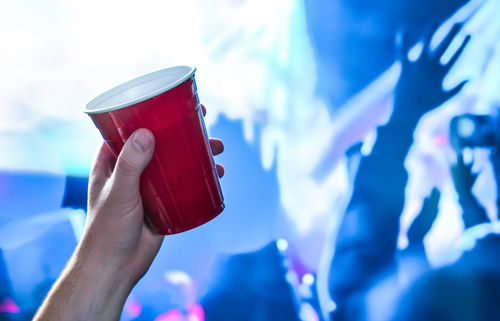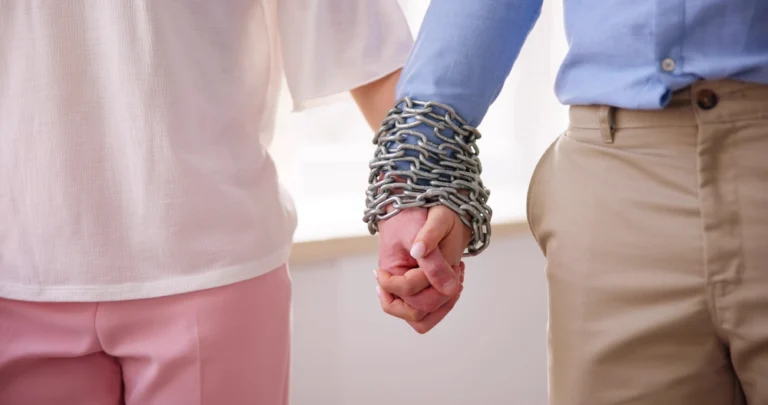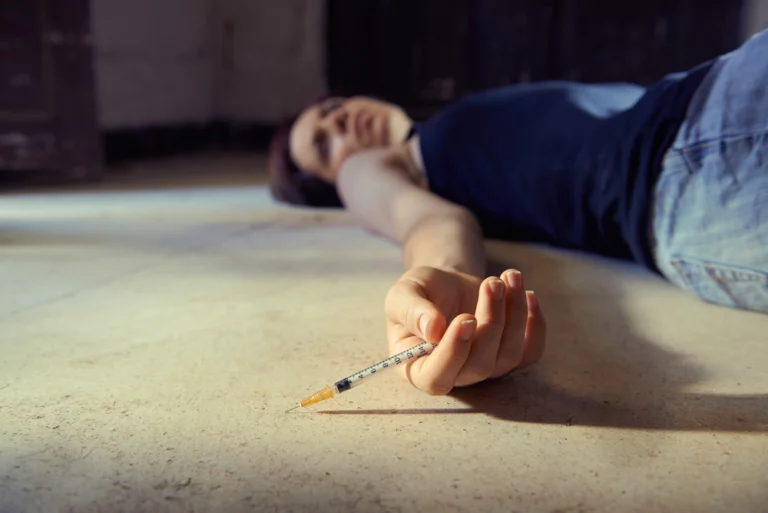What Is The Number One Drug Used By Teens (Post-Cannabis Legalization)
If you want to know the number one drug used by teens, this article is for you. Parents, relatives, and even siblings are usually the first to be impacted by a family member’s drug use. Most of these people don’t want to “snitch” or get their loved ones in trouble. They just want to see them lead successful and fulfilling lives and grow into their own person. But drug abuse can become an easy form of escapism and physically and mentally impact teens during the most critical part of their lives and personal development.
This article explains the number one drug teens use, signs of teen drug abuse and alternative issues they might indicate, why teens abuse drugs, how multistate cannabis legalization has impacted drug use, and what to do if your teen is using drugs.

What Is The Number One Drug Used By Teens?
The number one drug used by teens is alcohol, which is also the number one drug used by young and older adults. This is mainly because of its legality and accessibility in almost every small town, suburb, and city across the U.S., sold in almost every supermarket, gas station, pharmacy, and convenience store. Alcohol abuse amongst teens can also be attributed to its roots in various cultures and ethnic groups nationwide. If there’s a large family or friend gathering, including tailgate parties, there’s bound to be wine, liquor, or beer.
One 2019 study reported that more than 60% of teenagers had abused alcohol by 12th grade, with 16.8% consuming more than five drinks each time and 2.7% drinking daily. The same study also found that over 400,000 teenagers meet the criteria for alcohol use disorder. However, another study taken in 2020 reported this number to be over 700,000. This was likely due to the COVID-19 pandemic, where teenagers and their families were quarantined and potentially turned to substances to fill mundane moments of isolation. This is supported by multiple studies that found that 25% of people drank more than usual in 2020.
Unfortunately, teen alcohol abuse is the leading cause of homicide, unintentional injury, and suicide among those under 21. However, it doesn’t stop there. 5.2 million people between 18 and 25 have an alcohol use disorder, which can result from their ability to purchase alcohol on their own and even share it with underaged friends from high school or family members. After alcohol abuse, the next most commonly used drugs are cannabis and nicotine.
Signs Of Teen Drug Abuse
Here are some of the most common signs someone is using drugs, including teenagers. However, these signs can also be attributed to other issues like stress in school, relationships, or even underlying mental health disorders. Before accusing your child or friend of using drugs, tell them you’ve noticed these signs and if there’s something you can do or offer to help. These signs include:
- Avoiding family members or friends: This could also be attributed to disputes or arguments between a teen and his friends or family.
- Consistent fatigue: This could also be linked to nutritional deficiencies and lack of exercise.
- Depression: This could be an underlying mental health disorder.
- Aggressive or violent behavior: This could be from a mental health disorder or unresolved emotions. Anger is always a secondary emotion resulting from fear or sadness.
- Change of friends: Hanging out with one or two new friends might not indicate a teenager is drinking or smoking weed. However, if their entire friend group has changed and their old friends are as shocked as you, there’s a chance they are feeling ashamed of substance use and are hanging out with more accepting crowds.
- Lack of hygiene: Unless they never learned proper hygiene skills, a sudden drop in self-care and hygiene could indicate substance use.
- Poor academic performance: This could also result from outside stressors and issues with motivation. Some teenagers will develop signs of inattentiveness and ADHD-like symptoms in their later years, and there can be a slow decline in school performance.
- Loss of interest in hobbies or sports: If a teenager has suddenly stopped caring about their hobbies, sports, or other activities, there’s a chance they could also be experiencing an extreme lack of motivation.
- Changes in their sleep schedule: Some substances, like stimulants, can make sleeping hard, and some teenagers might use Adderall or other prescription amphetamines late at night to study before tests.
- Visual signs: The obvious signs of teen drug use include finding substance residue on surfaces like desks, counters, or dressers, the smell of cannabis, empty or concealed bottles, and drug paraphernalia like pipes, bongs, or weed grinders. Impaired behavior is also a key indicator.
Read more: Weed Eyes & Other Side Effects of Marijuana
Why Do Teens Abuse Drugs
The most common causes of teen drug abuse include mental health disorders, trauma, and living or being around family members with substance use disorders.
- Mental health disorders: Some teens might use alcohol and other downers to cope with sadness, stress, and confusion. When they hit their teenage years, their bodies and emotions undergo many changes. As they get closer to finishing school, the pressure of planning college or a career can add to their emotional stress. If they abuse drugs early on in life, their chances of developing a substance use disorder increases. The study found that 30% of young adults develop a heroin use disorder, and 25% develop a methamphetamine use disorder within a year of using heroin or meth.
- Trauma and poor family dynamics: Teen drug abuse can increase if there’s conflict in the family, including domestic and verbal abuse on them or a parent. Several studies found that teenagers who experienced physical, sexual, and verbal abuse or another traumatic experience before 11 were likelier to use cannabis, cocaine, and prescription medications.
- Living with a family member with a substance use disorder: Teenagers and young adults living with a family member with a substance use disorder might have nowhere to go to talk about their emotions or feel supported. The person supposed to feed, support, and care for them is preoccupied with dealing with their own addiction and underlying mental health disorders. Some teens can use this experience to swear off substances, while others might turn to drugs to cope with the generationally passed trauma.

Has Cannabis Legalization Impacted Teen Drug Use?
Yes, the increase in states legalizing medical and recreational cannabis has impacted teen marijuana use: it’s decreased. Research and academic findings indicate a decline in teen marijuana use across 13 states. For instance, before the legalization of cannabis in Washington State in 2012, 26.7% of 12th graders reported using some form of cannabis. A decade after legalization, this figure had notably decreased to 15.9%.
In Colorado, there was a decline in high school students using cannabis, falling from 22% to 13.3%. This shift is likely attributed to the effects on illicit street dealers and the tendency of teens to wait until they reach the legal age of 21 to purchase cannabis legally from a dispensary, making it as accessible as buying from a liquor store.
What To Do If You Think Your Teen Is Abusing Drugs
If you think your teenager is abusing alcohol or other drugs, it’s important to be patient, gentle, and caring when confronting them. If you want to set a good example for your teen, you should:
- You want to show your teenager you understand and are an open source of trust and communication. Don’t act on impulsive feelings and resist the urge to dig through their room and confiscate their personal belongings. Don’t issue ultimatums or threaten to kick them out of your home. Doing so can result in them turning to more substances to deal with the sudden loss of their family, home, and support system.
- Display appropriate behavior. Don’t excessively drink or use drugs around them, and expect them to understand hypocritical reasoning.
- Talk to them about personal responsibility and establish agreements. If you’re okay with your teenager sipping alcohol occasionally, or you live in a state with legal marijuana, talk to them about when and how much they can use and the dangers associated with drug abuse.
- Give yourself time to think and formulate a productive conversation with your teen if they abuse drugs. This time also allows you to look into the specific drug they’re using. However, only look at information from evidence-based articles, documents, and fact sheets.
- Offer solutions that are directed at their personal needs. Bring up the possibility your teen might be struggling with an underlying mental health disorder, and that drug use could be a means to suppress negative feelings. Talk to them about teen addiction treatment programs and offer to go along with them and help them throughout the process. You don’t want to leave your teen on their own during this difficult time.
Read more: How Long Is Rehab For Alcohol & Drug Abuse?

Adolescent Addiction Treatment In Louisville
If you or a teen you know is using drugs, contact Louisville Recovery Center. Our adolescent addiction treatment program is the perfect place for teens aged 12-17 to find effective coping skills that don’t leave or cause dangerous side effects. Remind your teen that drug abuse isn’t a path to enjoyment or fulfillment, and the earlier substance abuse is addressed, the easier it is to establish strong and lasting growth. Call today, and one of our admissions agents can help you or your teen get started.








One Comment